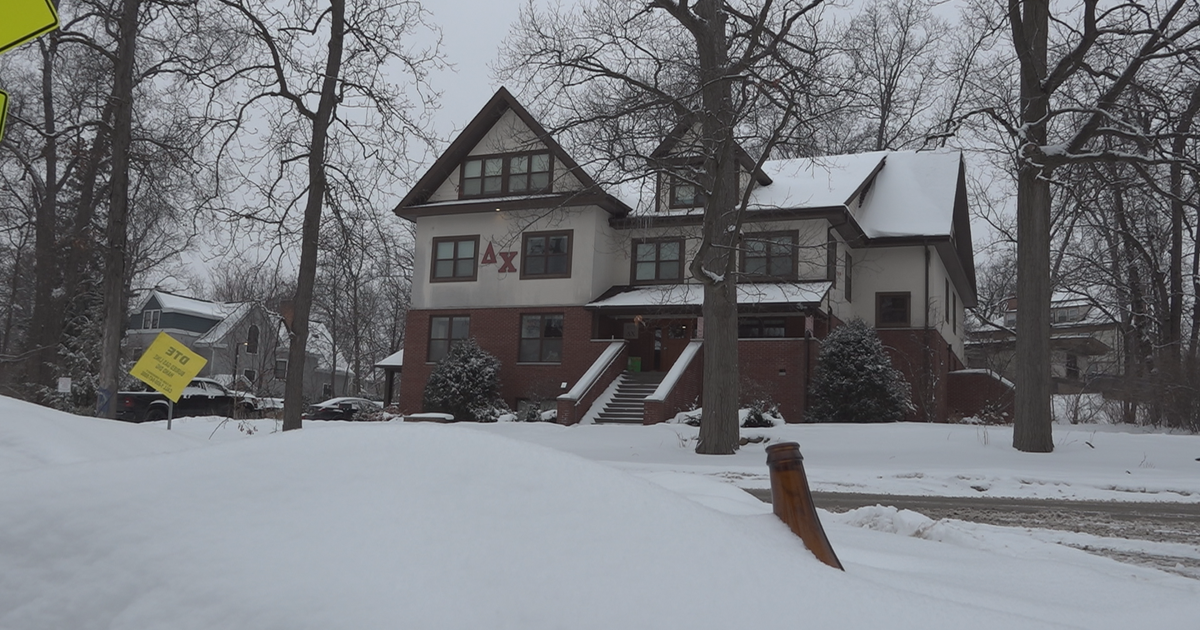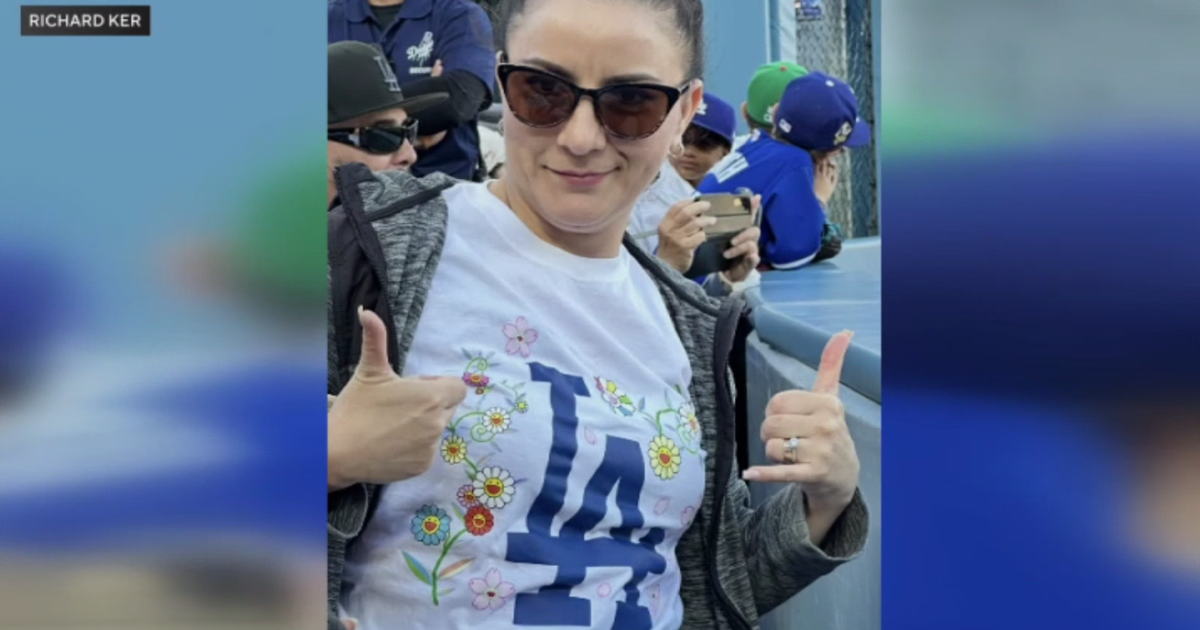Body Clock Boost: Afternoon Exercise May Provide An Edge For Getting In Shape, Researchers Say
By Amanda Starrantino & Molly McCrea
SAN FRANCISCO (KPIX 5) -- When it comes to working out and getting in shape, researchers say it may not be how you exercise, but the time of day may give you an edge.
On the weekends at Crissy Field in San Francisco, throngs of people get out to stretch their legs, get fresh air, and do a little recreation.
KPIX 5 asked a number of active folks when the best time for them was to work out and we got a variety of answers: some said the morning, others the afternoon, and a few insisted at night.
Research involves two studies done in The Netherlands. KPIX 5 spoke to Dr. Patrick Schrauwen at Maastricht University, one of the lead researchers.
Schrauwen is a professor in the aspects of Type 2 diabetes and an expert in nutrition and human movement.
A focus of his research involves trying to better understand Type 2 diabetes and how we prevent it or treat it with lifestyle interventions
In this study, roughly two dozen men were assigned to do the same exercise. They were all between the ages of 30-45 and were prediabetic, meaning they all had blood sugars levels that were higher than normal. No one took medications or worked swing-shifts.
Some were assigned to do morning exercise between 8 and 10 a.m.; others did the routine between 3 and 6 p.m. At the end of the study, all men improved their cardiovascular fitness but one group did better when it came to their metabolic health.
"That was quite surprising," commented Schrauwen.
Those who worked out later in the day got a bigger bang, metabolically speaking.
"Those who trained in the afternoon had more beneficial effects of the exercise training then the people who trained in the mornings," explained Schrauwen.
Afternoon exercisers had a bigger drop in blood sugar, and significantly more control over it. They also lost more belly fat than those who exercised in the morning.
"I thought it was absolutely fascinating," Dr. Lynda Frassetto told KPIX 5.
Frassetto specializes in kidney diseases, including those brought on by diabetes. Most of her work these days is at the San Francisco V.A.
For years, Frassetto studied how certain foods, such as those eaten by our prehistoric ancestors including plants, nuts, and meats can lower blood sugar and improve metabolic health. She is stunned to hear that afternoon exercise may produce similar benefits.
"The idea it makes a difference in terms of the results you get was just an astounding idea," said Frassetto.
As to why time of day makes a difference? That too may have roots in our Paleolithic past.
"This may be due to the fact that our ancestors - hunters, gatherers, farmers went out to the wild. They had to run back before sunset," commented Dr. Satchin Panda of the Salk Institute.
Panda is a world-renowned expert in circadian rhythms or in other words, our internal 24-hour biological clocks. He is studying the cells and genes that keep time in our bodies.
He told KPIX 5 that very cell, tissue, and organ in our body has a clock. These clocks are all controlled and sync'd up, by a master clock or the brain.
The brain is constantly sending out signals to the rest of the body instructing them when to carry out essential functions in a particular order.
"Our body cannot do everything at once like sleeping, eating, exercising at once," further explained Panda.
Thanks to these circadian clocks that run on 24-hour-cycles, humans know when to wake up, when to fall asleep, when to eat, when to start digesting food, when to repair tissue or remove bodily toxins, and even when to optimize metabolism.
Since prehistoric times, these cycles are calibrated daily by a predictable event.
"Every day the sun will rise up and in the evening it will become dark," Panda said.
Panda explained that the end of the day may be the best time to exercise because the daylight is ending and thanks to our circadian clocks, our muscles, joints, and metabolism have reached peak capacity. He explains peak capacity is the time where we can exercise more with less effort.
Schauwen told KPIX 5 that an afternoon workout may help us to faster metabolize the last meal of the day, put us into a deep sleep, and into a fasting state.
"Fasting give you all kinds of biological responses that basically try to improve your health," noted the researcher.
As for Frassetto? She believes it's time to replicate this study in a larger group of people and include females.
"There's clearly something about the circadian rhythms that affect the way our body works," remarked the Bay Area expert.
All our experts agreed that any exercise is good exercise. If you can't exercise in the afternoon, exercise when it's the right time for you.
To better understand your circadian clock, the Salk Institute has released an app. It's called "myCircadianClock," which is part of an ongoing research project.
You can better keep track of your daily behaviors that are important for maintaining a healthy lifestyle and see just how much you are sleeping, moving and eating among other activities. After at least 10 days of collecting data, myCircadianClock will start providing feedback about your eating, sleeping, and activity patterns.
In return, you help the scientists at the Salk Institute by providing them with data, and helping them better advance the research into our biological reasons.







